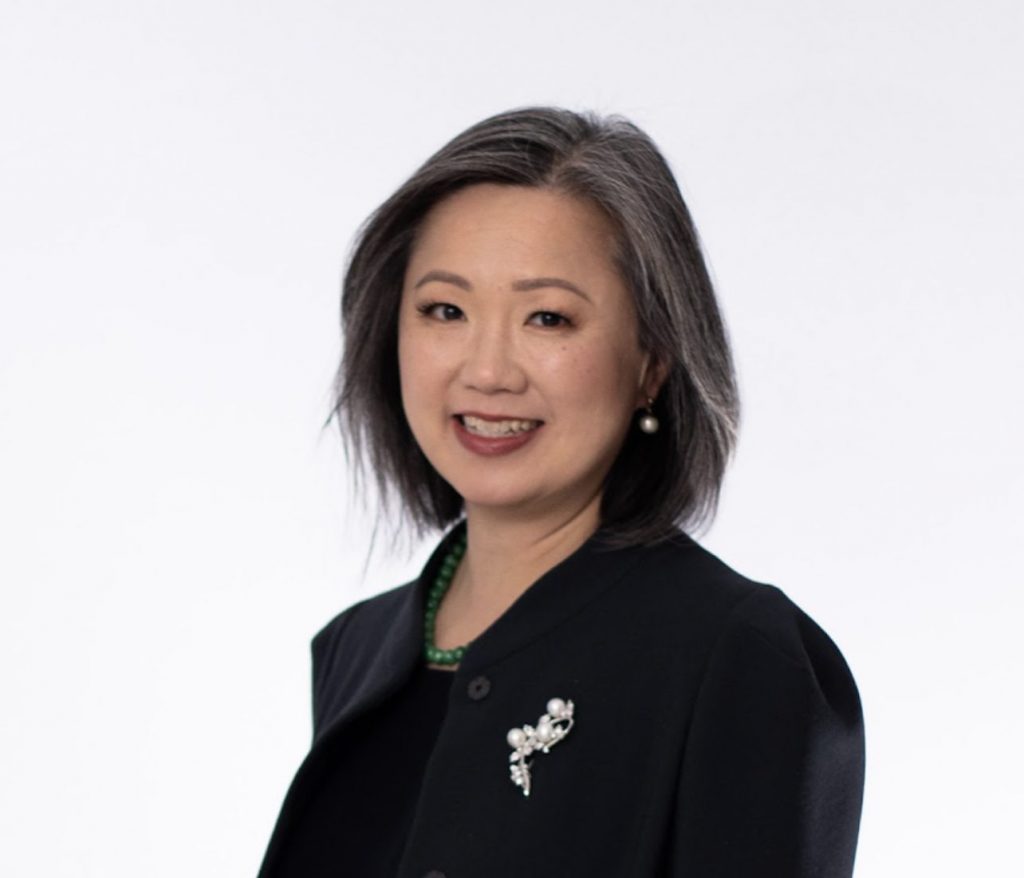
Three years ago, the Franklin H. Williams Judicial Commission (originally known as the New York State Judicial Commission on Minorities) released a series of interviews with the Commission’s founding mothers and fathers on the New York Courts Amici podcast site. The series, assembled and organized by John M. Caher, Senior Advisor for Strategic and Technical Communications, concluded with an interview of the Hon. Dorothy Chin Brandt. Justice Brandt passed away on January 27, 2025, and we take this opportunity to look back at her interview and appreciate her legacy of promoting diversity in the judiciary.
Hon. Dorothy Chin Brandt was the first female Asian American Judge to be elected in the state of New York when she was elected to the New York City Civil Court in 1987. Shortly after being elected, she became a founding member of the Franklin H. Williams Judicial Commission. Brandt said that “the [New York] courts were perceived as unfriendly or not friendly to minorities,” which paved the way for establishing the Commission, with a mission to “find out what was the perception and how it could be remedied.” Brandt was ecstatic to be part of a commission that would help eradicate racism in the courts. Her personal experiences of discrimination throughout her career would provide valuable context and information for this endeavor.
The Commission collected anecdotes from around New York state to figure out the perception of the courts rather than investigating the courts themselves, because, according to Brandt, “perception is different from reality, but in a lot of ways it’s stronger than reality because that’s what people think and feel is going on, and maybe it’s harder to counteract.”
To combat this perception, the Commission immediately put mandatory diversity and sensitivity training in place for the whole court system. They also looked towards legal education and tried to get more minorities interested in and learning about law because there was such little diversity in the courts at the time. She noted happily that now there are many more minority lawyers, talking specifically about Asian Americans by saying, “We have a lot more Asian-American lawyers. We didn’t have an Asian-American bar at that time in 1988…but now we have a full-fledged bar association, Asian American Bar [of New York], and very full force, very active.”
Lastly, Brandt attributed much of the major progress in the United States regarding equality in the courts to the work the Commission has done in New York on the perception of racism in the courts. Through the Commission’s work, they “got people’s attention and presented examples of what was not right, and everybody recognized this is not right.” She further noted that many other states followed New York and set up minority commissions of their own. Brandt ultimately emphasized the importance of the work of the Commission, remarking how if it was not for them, people might still be treated just based on their race, religion, ethnicity, etc. when they enter into the court system.
To listen to the full podcast, please click here.


